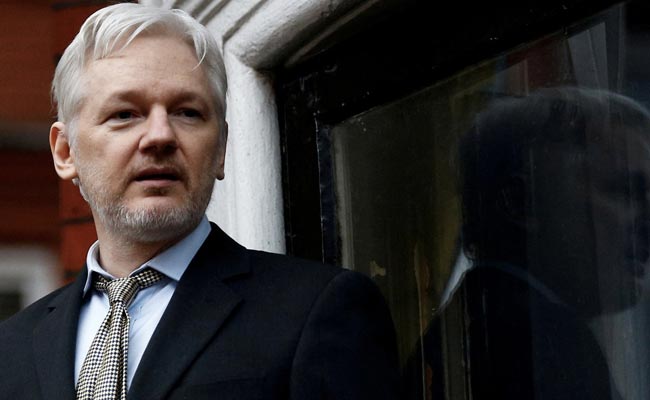Outside the court in London, supporters of Julian Assange have gathered as the WikiLeaks founder initiates his latest legal endeavor to contest his extradition to the United States. The two-day hearing at the high court will evaluate whether Assange, a native of Australia who has been detained in Belmarsh prison for nearly five years, can be granted permission to appeal against a decision for extradition made in 2022 by the then home secretary, Priti Patel.
At the outset of Tuesday’s proceedings, Assange’s legal representatives informed the court that he would not be present due to health concerns. Stella Assange, his wife, declared during a press conference last week that if the appeal were unsuccessful, Julian would seek recourse from the European Court of Human Rights for a rule 39 order to halt extradition while his case is under consideration.
Despite Assange’s absence, he has requested to participate in court proceedings in person, although it is anticipated that he will join via video link from Belmarsh. Demonstrators adorned the main fence outside the Royal Courts of Justice with hundreds of golden ribbons bearing the plea “Free Julian Assange now!”, while brandishing Australian flags, placards advocating for Assange’s release, and chanting slogans urging against extradition.
Stella Assange expressed gratitude to the protestors, urging them to persist until Julian is freed, stating, “We have two big days ahead… Julian needs his freedom and we all need the truth.” The gathering resonated with chants of “Free Julian Assange” in solidarity.
Tim Dawson, Deputy General Secretary of the International Federation of Journalists, emphasized the broader implications of Assange’s prosecution, warning that the success of such legal actions could stifle vital disclosures. He rallied support for Assange and defended journalism and free speech.
Facing 17 charges of espionage and one charge of computer misuse for his alleged involvement in procuring and disseminating classified material, Assange’s legal team contends that his extradition would constitute punishment for political beliefs and breach his rights under the European Convention on Human Rights, particularly freedom of speech.
Assange’s revelations through WikiLeaks uncovered sensitive information about US operations in Iraq and Afghanistan, including video footage of a deadly helicopter attack. His defense asserts that a conviction in the US could result in a prison term of up to 175 years.
Assange stands accused of colluding with US army whistleblower Chelsea Manning to breach a Pentagon computer system and leak confidential diplomatic cables and military records. Manning, whose sentence was commuted by Barack Obama, spent seven years in prison before her release.
In 2012, Assange sought political asylum in Ecuador to avoid extradition to Sweden for a rape investigation, which was later dropped. His arrest in 2019 followed Ecuador’s withdrawal of asylum status, leading to imprisonment for breaching bail conditions.
Although initially barred from extradition due to concerns over his well-being in American detention, subsequent assurances from US authorities paved the way for legal proceedings to proceed.

